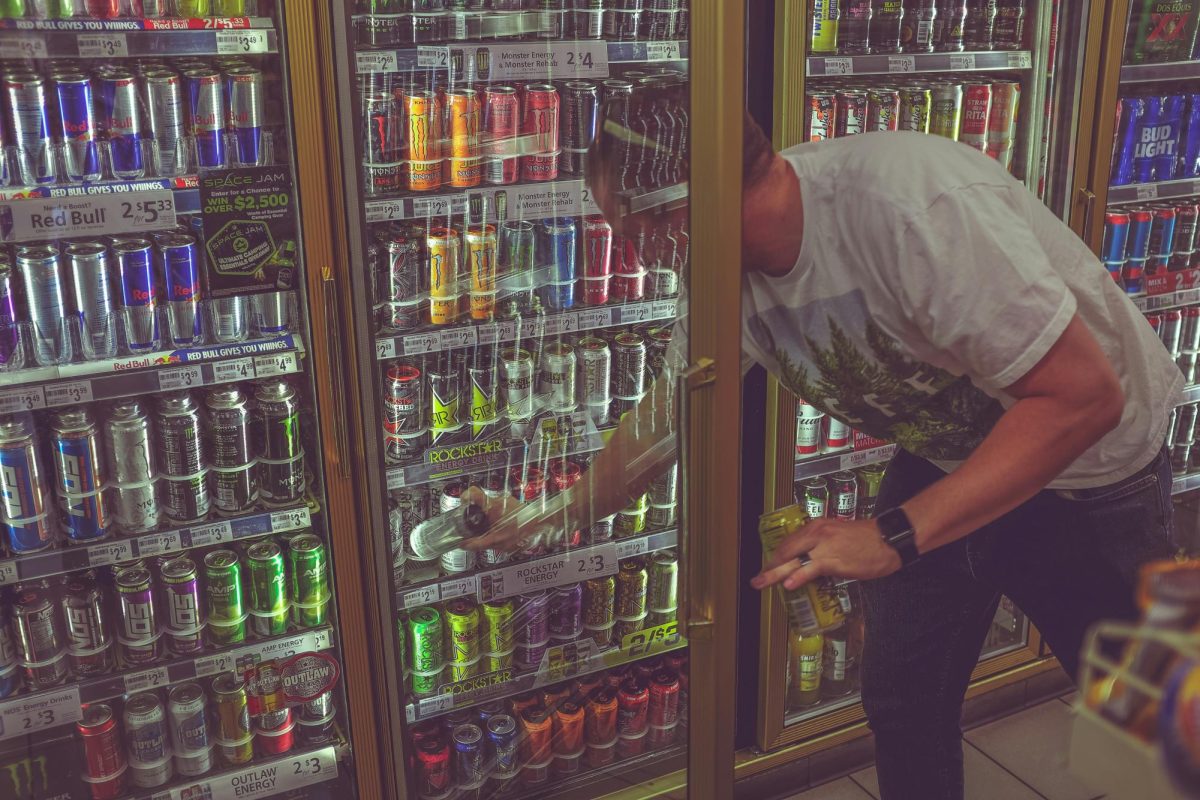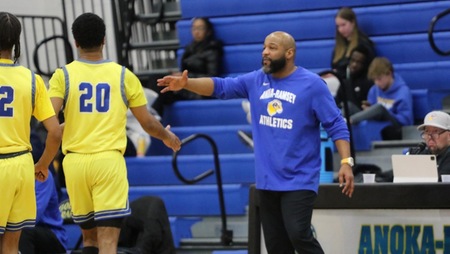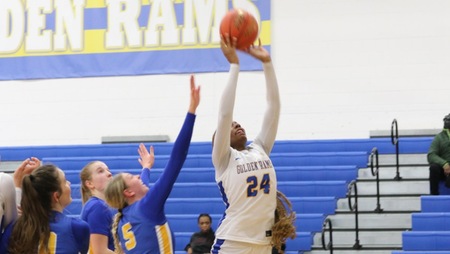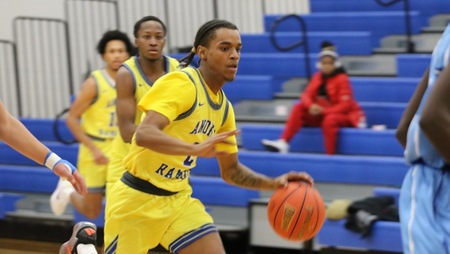It’s 5:55 a.m. and my head is pounding. I’m tired of waking up to feeling like I’m drowning. The grocery store near my house has my cure and it opens in five minutes. The problem is this healing elixir is the same thing that’s making me sick. I roll out of bed and throw on multiple layers of clothes until I feel brave enough to step into the frozen tundra outside. I walk into the bathroom to throw a beanie over my bedhead and try my best to avoid the sight of myself, but I’m struck by the visual and begin reeling. The sight of my overgrown, incomplete beard, skin that lacks vibrancy, tired eyes, and clothes that don’t fit me quite right lingers in my mind as I run out to my car and away from the reality that I’m avoiding.
I pick out two Sour Patch Kids energy drinks. Both have 200mg of caffeine, but they have zero calories, and zero sugar, minute details that function as the perfect ammo for a self-rationalization junkie. In my car, where no warm air blows unless it’s moving at fifty miles per hour, I shiver over the red and green cans and hold my hands over the caps like they are filled with the warmth I need to sustain me. The sound of the cans cracking open, and the initial sip is so satisfying that I begin believing that I’m going to make the most of the day. Every drink after of this artificial, sour taste is less and less satisfying that I resolve to finish them both quickly, but I have never had the ability to chug, so I take huge swigs and wince repeatedly. My motivation and passion for the day significantly wanes the more I drink and tremble.
I didn’t drink a lot of caffeine until I moved to Los Angeles after High School and moved in with roommates that all used coffee scales, grinders, and AeroPress’s to perfect their morning brew. I was easily converted and began making coffee every morning and afternoon so that it could whisk me up into a daily, heavenly escape. I loved the ritual and the culture, but I didn’t realize the extent to which I was clinging to this substance. Caffeine triggers the release of a neurotransmitter in the brain called dopamine, which is a chemical that makes you feel good. Dopamine operates on a pain-pleasure balance. The more pleasure that is produced, the more your brain needs to tip towards the side of pain to create balance, making the moments when caffeine wears off feel worse and worse. I can notice underlying problems that caffeine caused me in Los Angeles, but it wasn’t until I moved back to Minnesota and found myself without a solid community or clear direction for my future that I became desperate to feel good. I heard the loud voice of modern Western culture tell me that life is about pursuing happiness, so I thought I was on the right track.
I became more engrossed in my dependence on caffeine under the glowing “energy drinks” signs of run-down gas stations where I reached for colorful cans alongside other anxious and sleep-deprived looking people, a Walking Dead casting director’s wet dream. I started drinking energy drinks every day that contained anywhere from 200mg to 300mg of caffeine. Every gas station always has a two for five dollars deal, a sale meant convince people that they are losing money if they don’t jump at the opportunity. This becomes a problem when one energy drink stops cutting it and a second one is waiting in the cupholder to be drunk. Then, you’re back in the gas station to buy two more the next day. This is where bad habits are formed, and where I got myself stuck in a Groundhog Day adjacent cycle where every morning became like a quest to chase down wherever the specific flavor I was currently craving could be found. I’m only recognizing now how sad it is that the adventure of my life became replaced by this.
The world around me quickly explained away any suspicions I had that my dependence on caffeine was becoming a problem. Everyone around me was drinking caffeine and proclaiming how much they needed it to survive. In every room I walked into I could locate a Starbucks coffee and a Celsius. People passed by me wearing shirts with phrases like “coffee addicted” on them. I opened YouTube and heard someone jokingly say, “I’m having my third cup of coffee for the day because I’m an addict.” All the negative things I was experiencing were being echoed by coworkers and friends, so I chalked up morning headaches, anxiety, and tiredness up to consequences of life, not actions. I looked around and thought to myself, “nobody is sleeping well, and everyone is anxious so what I’m feeling is normal.”
I first came face to face with the consequences of my actions when I scheduled a dentist appointment after six years of not going. A dentist assistant called my name and immediately her shining white teeth and glowing clear skin, made me aware of how I looked like a troll in comparison. I slumped in the awkward chair and prayed to become invisible. I didn’t even have to tell her I was drinking a lot of energy drinks because she could see that massive amounts of acidity had been stripping the enamel off my teeth, making them yellow and translucent. The chair tipped me back and I laid there, bathing in the harsh, artificial lights as her and the dentist went back and forth, naming everything wrong with my teeth like they were performing a terrible symphony that I had to sit through: “early-onset gingivitis,” “cavity on 2a,” “ cavity on 6a.” Six cavities, four wisdom teeth that needed removal, and two indents on my front teeth from the stripped enamel. The sad thing is, I didn’t even realize what my teeth looked like before this. I wondered how long I had been avoiding looking at myself and the way I was living my life for that long. It was my fault for not scheduling a dentist appointment since moving out on my own and drinking multiple coffees and energy drinks a day, and now I was facing the music. I slowly changed my posture from one of shrinking to one of determination. Like a main character in a moving drama and as an aspiring writer, I thought about how these experiences had the potential to make a great story or article. I imagined this moment as the climax and reconciled to stop drinking caffeine for good.
Then, I drove to the store and bought a Cotton Candy Bang energy drink with 300mg of caffeine and the plot thickened. The acid made the fluoride the dental assistant had spread on my teeth tingle with sensitivity, and I realized this story was going to be different than I thought. At the drug and alcohol in-residential treatment center that I work at, I told coworkers and patients that I was officially done drinking caffeine and that I learned my lesson from this climactic moment. One of the guys I told admitted to me that he was drinking three to four monsters a day at one point, but I didn’t let up. I told him about how they negatively effect anxiety and sleep, which is true, but I was making myself appear as someone who had overcome something. I wanted the glory without the struggle which really means I wanted to be liked and was too insecure to admit I was struggling.
I sung this song of victory in front of my friends and family as well while purposefully throwing away empty cans in my bedroom garbage so my roommate wouldn’t see. I shoved empty cans in my back car seat so my parents wouldn’t notice if I had gotten one on the way. The scary thing is this action was not carefully planned out but instead felt instinctual. I discovered that I had a larger capacity within myself to lie by constantly painting myself in an attractive, successful light. I grabbed a trash bag to empty my bedroom garbage and car and was shocked by how many of them had accumulated. I felt the same way when caffeine would begin to wear off during an overnight shift and I became aware of the impulsivity, anxiety, and lack of attention piling up within me.
I began to realize that the climax and lesson of this story wasn’t that all actions have consequences, but instead centered on me becoming aware of my humanity. Moving away from the friendships I had spent three years building in California was painful and I didn’t want to feel the discomfort of putting myself out there to meet new people. I also now knew how much it hurts to lose friendships. Even though I’m twenty-four years old, envying people on social media who were getting married and graduated college convinced me that I was behind. I started working hard to excel in college while working full-time at the rehab and rejected my need for human connection and rest. The effects of my caffeine dependence showed up in different areas of my life by causing me to chase constant stimulation. I woke up to immediately scroll on my phone, I played music while I was in the shower, I would even check my emails when filling up the mop bucket at work. I had no concept of boredom until I sat on my bed in silence when everything got to be too much. Slowing down and doing nothing at first felt like a storm but if I waited long enough it eventually quieted and I began to feel a semblance of peace by accepting my circumstances and where I was at.
While talking to patients at work, I decided to share an ounce of my experience with failing to quit caffeine and felt a weight lift off. My honesty instantly created a safe cavern where both of us felt like we were safe to share anything and not be judged. I laughed at how I believed catastrophe would fall on me if I let the reality of my struggle slip. I told my friends and family and they responded with their own confessions of how they have struggled to quit smoking before or ways that they wanted to hide a pizza box when they ate the whole thing in one sitting. I felt a deeper sense of compassion and understanding within me when working my shifts because I stopped looking at other people’s struggle with addiction as an experience that I could never understand. In the recovery world they define this as “terminal uniqueness,” which is when someone believes that their situation and pain is something that nobody else has ever experienced. I began seeing my dependence as a glimpse into other people’s worlds and used the awareness of my impulsive personality to connect with others and spark conversation about how to better manage and channel our neuroticism positively.
Withdrawal symptoms became to me a kind of symbolism in this process as it represents to me a more meaningful way to think about life. Instead of pursuing good feelings I had to sit and feel uncomfortable and nauseating ones. Withdrawal headaches, which in my extreme case were intense and accompanied by vomiting, is what I was postponing but never fully getting rid of. In the same way I was sweeping my problems under the rug and thinking instant gratification would eventually fill some hole in me. Experiencing change, losing friends, feeling lonely, envying others, even feeling tired were symptoms of being human that I wasn’t accepting. I find the cultural message about the pursuit of happiness deeply unfortunate because it isn’t true and validates people’s avoidance of life. It’s certainly not what I wanted, and I don’t think any of us really want to only feel happy all the time. Everything that’s worthwhile requires struggle, difficulty, hard work, and pain. Feeling the withdrawals when quitting caffeine honestly felt easier than forcing myself to drive without listening to music or sitting on the toilet without my phone because in the stimulating world that I grew up in, being human feels daunting. I could credit finding alternative drinks like bone broth and electrolytes to replace the ritual of drinking caffeine and decreasing my intake progressively as being what helped me, but the concept of simply abstaining felt revolutionary in comparison because of the world we live in. I had to stop searching for books and podcasts on addiction and impulsivity and coming up with strategies to fix my life and instead practice doing nothing for periods of time. I had to accept that change is hard and that with a personality with low-dopamine levels and that’s prone to impulsivity, it’s going to be a difficult road to discipline myself, but that’s okay. My caffeine intake was extremely high by the time I quit but even people who have a morning coffee everyday may feel they are lacking something or are missing the good feeling that the coffee brings. I still struggle to sit with negative feelings on hard days but by abstaining from caffeine or other things that I could use to escape them, I realize that there is an eventual, subtle joy I get from sitting with these things and eventually passing through them.
In-between writing this all down, I was washing my hands in the bathroom when I stopped to look at myself. I didn’t feel hatred or the compulsion to run away. I saw someone with imperfections like before, but who was being honest about their mistakes and was trying to improve them. I saw a flawed character willingly going up against the struggles and challenges in his way. Now when I’m at work or in the grocery store, I try to see everyone like main characters with their own challenges and obstacles and remove myself from the center stage. This is what makes us human. When we watch films that really resonate with us it is because plots are defined by conflicts which we inherently relate to. The worst films cause us to look at each other at the end and exclaim, “nothing happened.” Instead of condemning myself for struggles, I eventually found my way to becoming curious of my humanity and couldn’t help but laugh at the nonsensical ways I went about rationalizing my day-to-day consumption and the creative ways I ran in circles every day while longing for life to begin. I remember all of this while feeling the indents on my two front teeth and feel a sense of deeper acceptance alongside the regret. I can find humor in my humanity without ignoring the truth because I am grateful for how these events prompted growth in me and empower me to see others for who they really are today.












